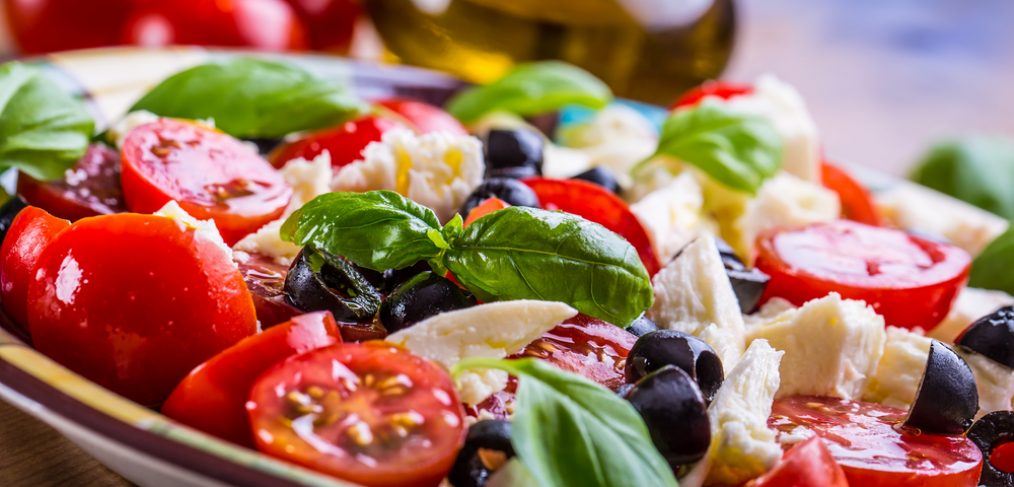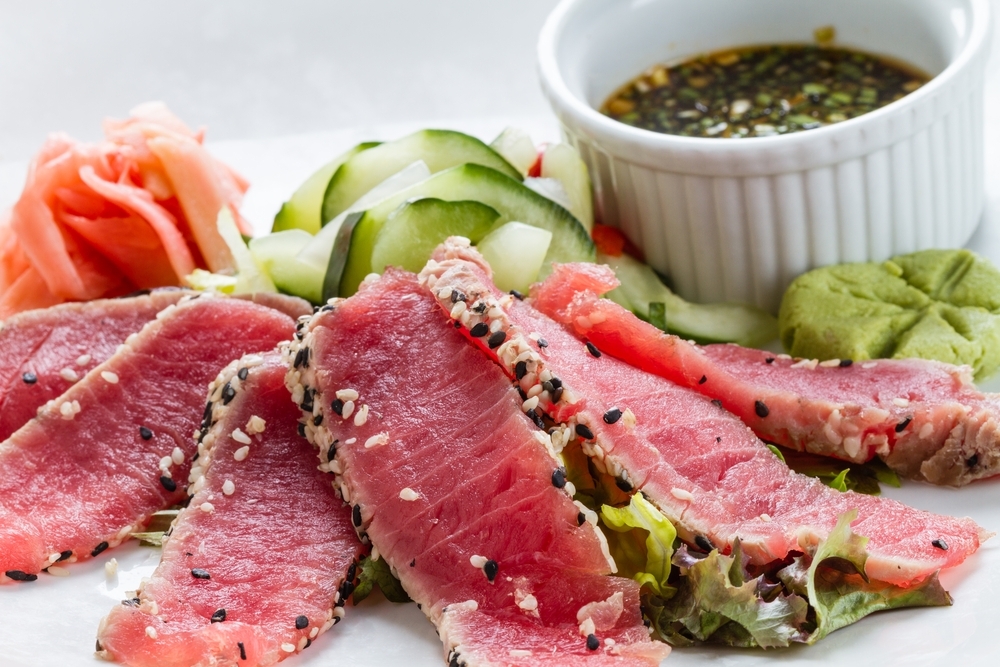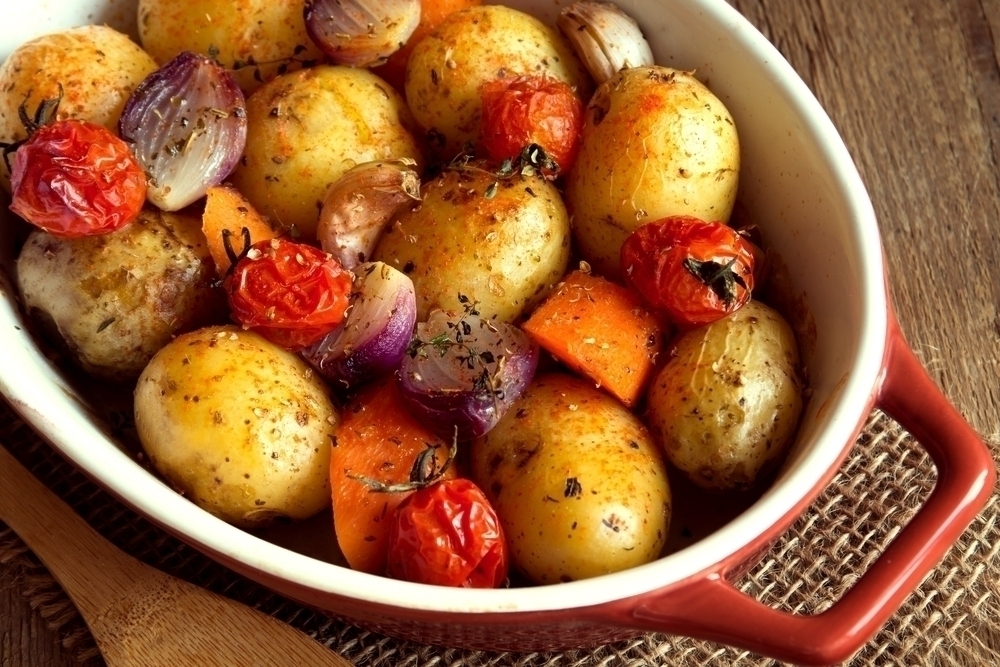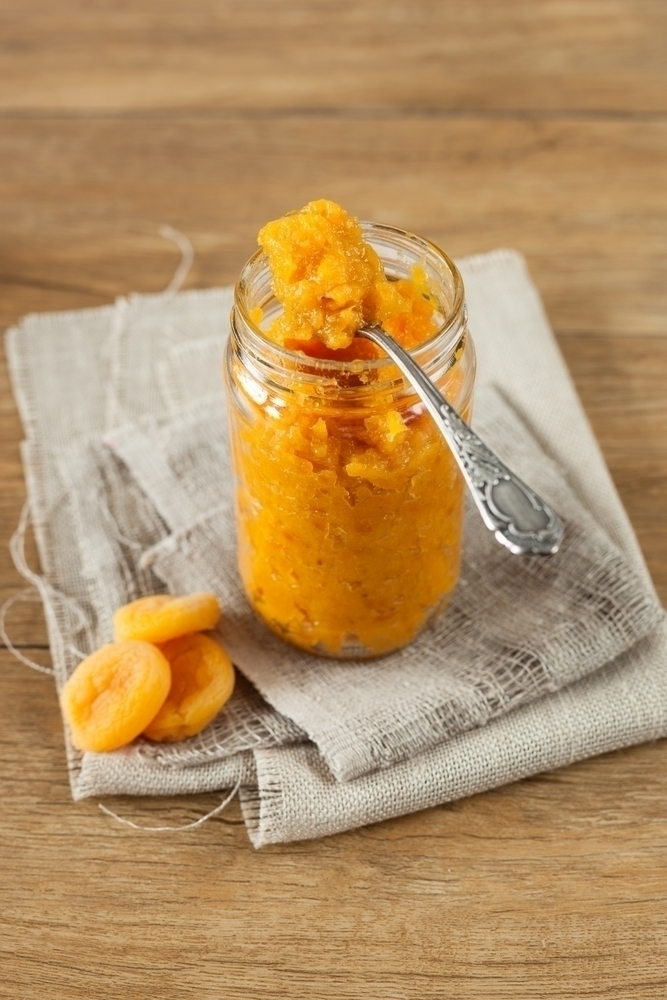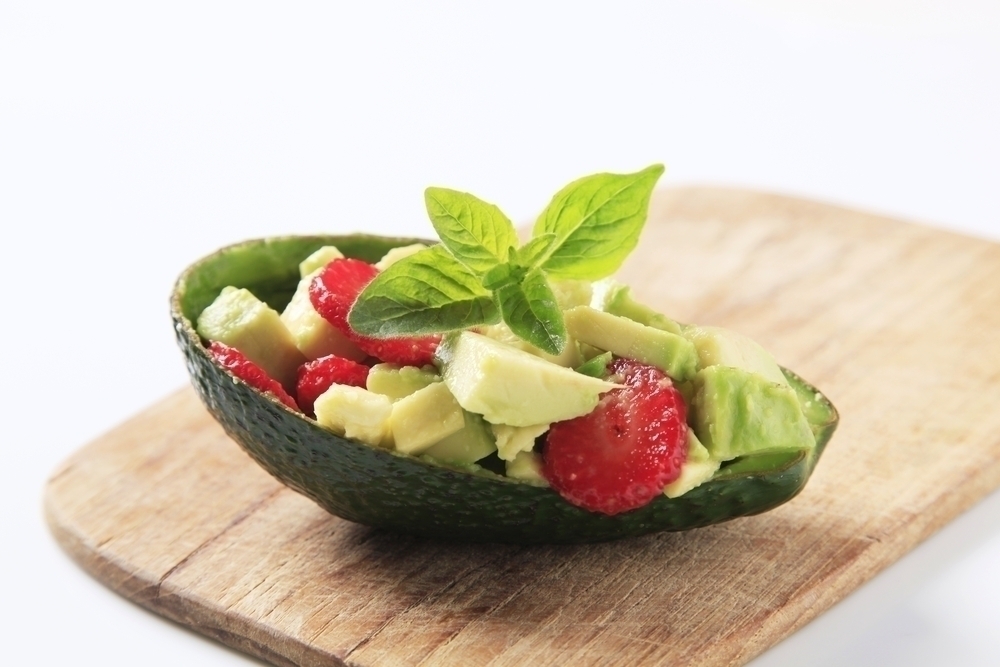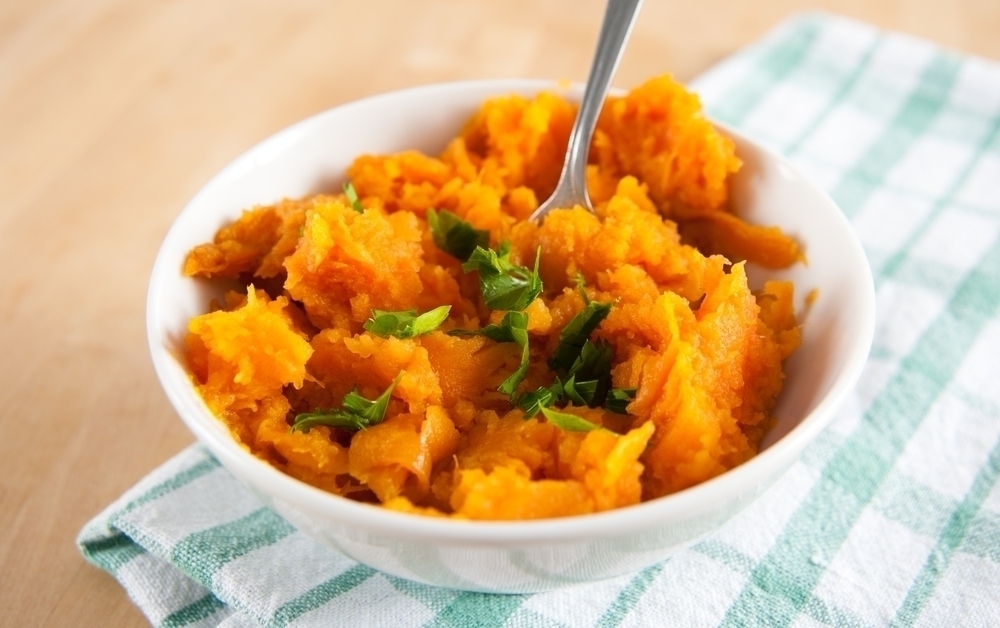Vitamin A is absolutely critical for proper body functioning. This vitamin works in many areas of your body from your eyes and skin to your bones and reproductive system. Dietary sources of vitamin A are plentiful, particularly among fruits and vegetables like carrots, kale, spinach and sweet potatoes. If you are worried about a deficiency in vitamin A, talk to your doctor about vitamin A supplements.
Why Take Vitamin A Supplements?
Vitamin A is essentially a blanket term used to describe retinoids. Retinoids are biologically active complexes found in both plants and animals. Vitamin A is essential for your body as it assists with numerous aspects of your overall health. Perhaps most famously, vitamin A is vital to your eye health. Remember the whole carrots are good for you saying? While it’s not entirely true, it’s also not entirely false. The beta-carotene in carrots converts to vitamin A in your body, and benefits your eyes by helping you distinguish colors, protecting the cornea (outer surface of the eye) and preventing vision loss. Additionally, vitamin A has been shown to reduce the risk of macular degeneration, though more study is needed.
It isn’t just your eyes that benefit when you are receiving proper vitamin A levels. Vitamin A is also essential for bone growth, reproduction and your immune system health. You may be familiar with vitamin A as retinol, one of the greatest skin care ingredients you can use. Vitamin A repels bacteria, making it an excellent anti-acne treatment, and helps to turn over newer, healthier skin cells.
How Much Vitamin A do you Need?
The amount of vitamin A, like all vitamins, depends upon several factors including your age and gender. In general, the following are the recommended daily intake of vitamin A:
- Men – 3,000 IU (900 micrograms)
- Women – 2,300 IU (700 micrograms)
- Pregnant Women – 2,600 IU (770 micrograms)
- Lactating Women – 4,300 IU (1,300 micrograms)
Because vitamin A can interact with other things and because taking too much causes adverse health reactions, it is highly recommended that you consult with your doctor to learn the appropriate daily intake for you.
Which Vitamin A Supplements are the Best?
- NOW Foods Vitamin A from Fish Liver Oil – These are a highly rated supplement with satisfied customers raving about improved vision and skin.
- NOW Foods Beta-Carotene – This supplement is produced from carotenoids that occur naturally in D. salina sea algae.
- Nature Made Vitamin A – The Nature Made Vitamin A supplements take their primary source of vitamin A from sardine liver oil.
- Source Naturals Vitamin A – These tablet use palmitate and are suitable for vegetarians.
- Solgar Dry Vitamin A – Derived from deep-sea, cold-water fish these softgels have been molecularly distilled to remove any contaminants.
Warnings About Vitamin A Supplements
It is definitely true that vitamin A is crucial for your body, but there are some caveats when taking vitamin A. The U.S. National Library of Medicine states vitamin A may be unsafe when taken orally in high doses. Long-term use of large amounts of vitamin A might also cause serious side effects such as irritability, fatigue, anorexia, mental changes, nausea, stomach discomfort, vomiting, excessive sweating, mild fever, and more.
Experts recommend trying to get your daily intake of vitamin A from dietary sources and to use supplements as needed. Because there are potential interactions with medications or other herbs and supplements, it is advised to check with your doctor before beginning a vitamin A supplement regimen. Specifically related to beta-carotene, smokers are advised against using the supplement as it can increase the risk of lung cancer, though more research is required. Use of vitamin A supplements can be a great way to make sure you aren’t deficient in vitamin A, but be sure to consult with a healthcare professional so you take vitamin A supplements safely.




